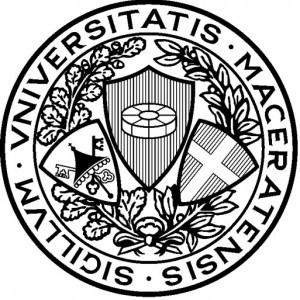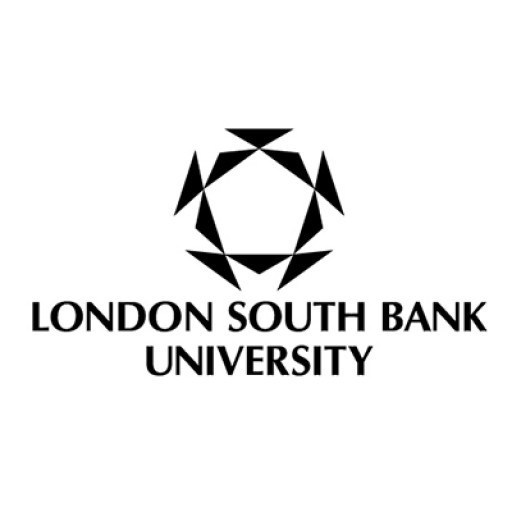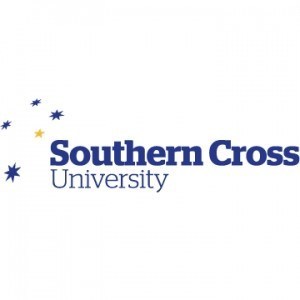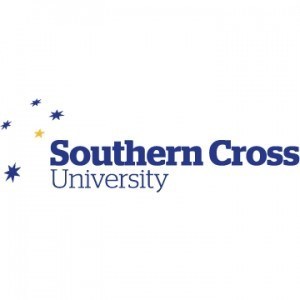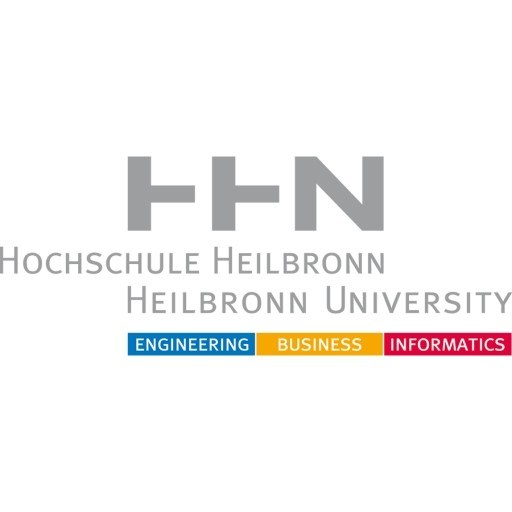Photos of university / #jamescookuniversity
The Graduate Certificate in Travel Medicine is available for individuals entering or working in the tradition of travel medicine. It's intended to offer academic and practical learning the areas of tropical and travel medicine and will be of particular interest to those providing travel health advice.
Faculty of Travel Medicine of the Australasian College of Tropical Medicine, for its fellowship program
- Conclusion of an AQF degree 7 bachelor level in a relevant health discipline
- or equal.
The James Cook University offers various options for financing studies in Travel Medicine, which is typically embedded within postgraduate health sciences programs or specific courses related to tropical and traveler health. International students are advised to explore scholarships, government loans, and financial aid options available through the university's dedicated financial aid office. Domestic students might have access to Commonwealth supported places or loan schemes such as HECS-HELP or FEE-HELP to assist with tuition fees. The university also provides scholarships for academic excellence, research achievements, and for students from particular regions or backgrounds. Additionally, students can consider external funding sources including national health organizations, professional associations, or travel medicine societies that offer grants or fellowships to support studies or research projects. Tuition fees vary depending on the specific program and residency status, and students are encouraged to consult the university's official fee schedule for the most accurate and up-to-date information. Costs involved in travel medicine studies may include tuition, textbooks, materials, health insurance, accommodation, and living expenses. The university recommends early financial planning and offers financial counseling services to help students develop effective budgeting strategies. Some programs may also provide paid internships or research assistant positions which can help offset costs. International students should also explore visa requirements and associated financial proof-of-sufficiency criteria for study permits. Overall, James Cook University strives to make Travel Medicine education accessible by providing comprehensive financial support options, but students are responsible for securing funding and understanding their financial obligations before enrolling.
Travel Medicine at James Cook University offers a specialized program designed to equip healthcare professionals with comprehensive knowledge and skills related to the prevention, diagnosis, and management of health issues affecting travelers. This program covers a wide range of topics, including infectious diseases prevalent in different regions, immunization protocols, risk assessment for travelers, management of travel-related illnesses, and the development of guidelines for travel health advisory services. Students will explore the epidemiology of travel-associated diseases, immunization schedules, and strategies for counseling travelers on health risks and preventive measures.
The curriculum integrates theoretical knowledge with practical applications, often involving case studies, workshops, and real-world scenarios to prepare students for clinical practice. As travel medicine is a dynamic field influenced by emerging infectious diseases, changing vaccination recommendations, and evolving travel patterns, the program emphasizes evidence-based practice and current research to ensure graduates are well-versed in the latest developments. Additionally, students might have opportunities to engage with experts in the field through seminars, conferences, and research projects, enhancing their understanding and professional network.
Graduates of the program are prepared to work in various settings, including travel clinics, public health offices, hospitals, and clinics specializing in infectious diseases. They will possess the skills necessary to assess individual traveler risks, provide appropriate immunizations, offer travel health advice, and manage travel-related health emergencies. The program also emphasizes cultural competence and communication skills to effectively interact with diverse patient populations.
The program may also include components on tropical medicine, global health, and the impact of climate change on disease distribution, reflecting the interconnectedness of travel medicine with broader health issues. Upon completion, students will be capable of contributing to public health initiatives, policy development, and research in travel medicine, making a significant impact in global health challenges related to international travel.
This program aligns with James Cook University’s focus on tropical and travel medicine, leveraging its expertise in tropical health research and education. It aims to produce healthcare professionals who are capable of addressing the complex health needs of travelers worldwide, supporting safe and healthy international mobility.



